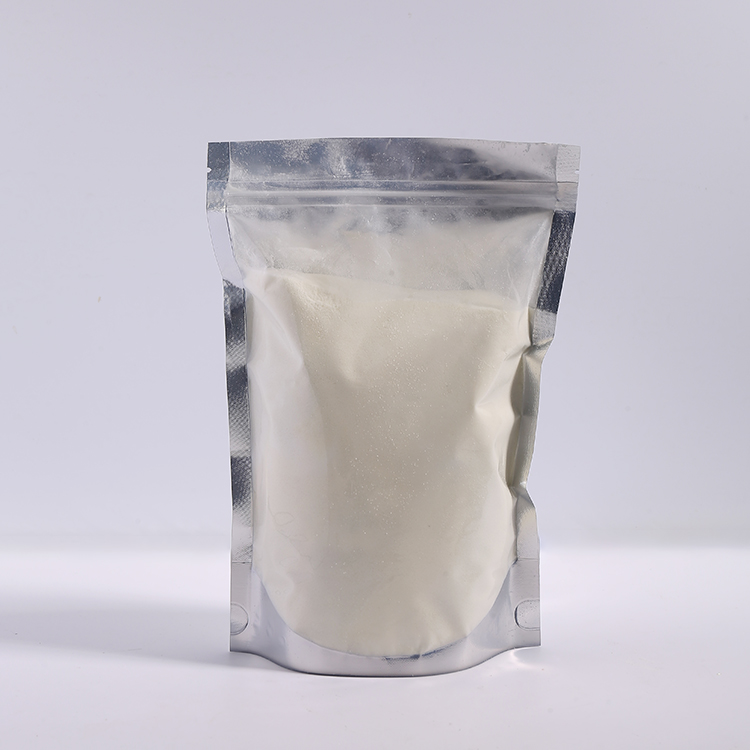For decades, whey protein has dominated the fitness world. Walk into any gym, and you’ll see it. But a quiet revolution is brewing, powered by a plant-based source that has been unfairly shadowed by myths: isolated soy protein. The biggest misconception? That it’s an inferior protein for building muscle. Let’s dismantle that idea, starting with its most powerful asset: leucine.
Muscle protein synthesis—the process of building new muscle—is primarily triggered by the essential amino acid leucine. For a protein to be considered high-quality for muscle growth, it needs to deliver a sufficient “leucine threshold.” Here’s where isolated soy protein shines. With a leucine content of approximately 8% of its protein, a standard 25-gram serving easily crosses this critical threshold, effectively signaling your muscles to grow. Research consistently shows that when matched for leucine content, soy protein supports muscle growth and recovery just as effectively as whey protein in most individuals.
But what about the other persistent myth concerning men’s health? The fear stems from isoflavones, plant compounds with a chemical structure similar to estrogen, often called phytoestrogens. The name itself has caused unnecessary alarm. However, human studies have largely debunked this concern. A comprehensive review of the scientific literature concluded that soy protein intake does not lower testosterone levels or increase estrogen levels in men. In fact, athletes consuming soy protein show no differences in anabolic hormone profiles compared to those consuming whey. The body interacts with phytoestrogens in a complex way, and their effect is significantly weaker than the body’s own estrogen.
So, if isolated soy protein builds muscle as effectively as whey, what makes it a smarter choice for some? The answer lies in its additional benefits.
- Heart Health Champion: Unlike some animal proteins, soy protein is heart-healthy. The FDA supports a health claim that consuming 25 grams of soy protein daily can reduce the risk of heart disease by lowering LDL (“bad”) cholesterol. This is a significant advantage for the long-term health of any athlete.
- The Cleaner Digestive Experience: Many people struggle with the lactose and fast-absorbing nature of whey, leading to bloating and digestive discomfort. Isolated soy protein is naturally lactose-free and often easier on the stomach, providing a steady release of amino acids without the crash.
- Sustainability Edge: From an environmental perspective, choosing plant-based protein is a win. Producing isolated soy protein requires far less water and land and generates fewer greenhouse gases than producing an equivalent amount of whey protein.
The narrative is shifting. Isolated soy protein is no longer just an alternative for vegans; it’s a premium, science-backed choice for anyone looking to build muscle effectively and sustainably. It’s a complete protein that stands on equal footing with animal sources, while offering distinct advantages for heart health, digestion, and the planet.
The next time you consider your post-workout shake, look beyond the myths. The powerful, plant-based solution might have been there all along.
Post time: Sep-25-2025





